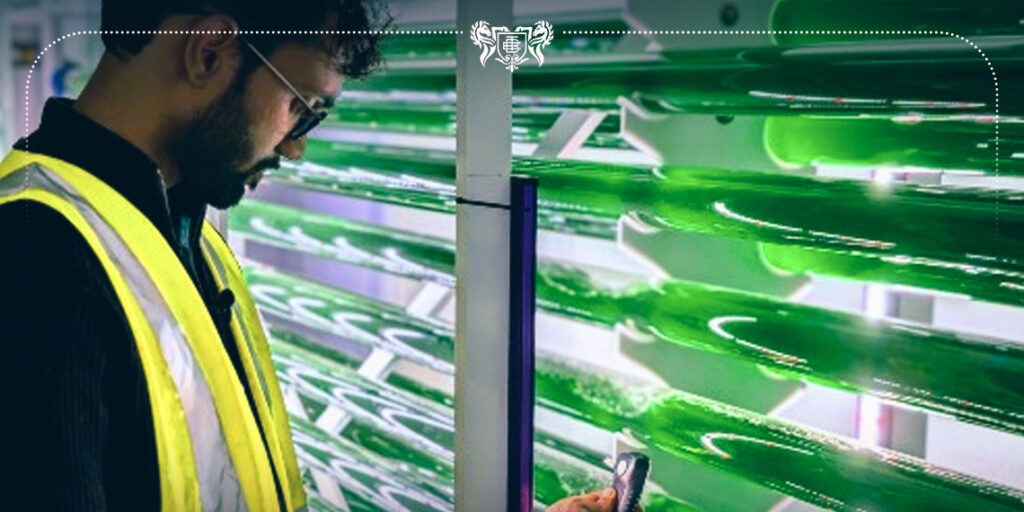A pioneering project led by the Biorenewables Development Centre at the University of York has become the first to successfully produce hydrogen at scale using a biological process, while simultaneously capturing the carbon dioxide released, offering a significant step forward in reducing atmospheric pollution.
Hydrogen is widely regarded as a cleaner and safer alternative to oil and gas for heating and certain forms of transport.
However, traditional hydrogen production methods often release carbon dioxide into the atmosphere, raising environmental concerns. This breakthrough in “clean hydrogen” production could help address these issues.
The H2Boost project, in collaboration with the University of Leeds and funded by the UK government’s £1 billion Net Zero Innovation Portfolio (NZIP), has developed a method to transform everyday waste into clean hydrogen using a process known as dark fermentation.
This innovative process converts pre-treated organic waste into biohydrogen, reducing the environmental impact.
What makes this process unique is that it captures and reuses all by-products. The waste material not only generates additional energy through anaerobic digestion but also captures carbon emissions via cultivated algae and bacteria.
This ensures that almost no waste is generated in the hydrogen production process, making it an eco-friendly solution.
Penny Cunningham, Programme Operations Manager at the Biorenewables Development Centre, commented: ” Successfully demonstrating integrated hydrogen production with carbon capture represents a significant technical breakthrough for the H2Boost project.
“Our novel approach to producing clean hydrogen from waste while removing CO2 is not only technically feasible but also holds significant promise for large-scale sustainable energy solutions in the future.”
The H2Boost project is part of the Department for Energy Security and Net Zero’s Hydrogen BECCS Innovation Programme, aimed at developing a commercially viable and sustainable process for producing biohydrogen from organic waste.
Experts and industry leaders believe that such technologies could play a crucial role in decarbonising the UK’s transport sector, with low-carbon hydrogen technologies potentially meeting up to 35% of the UK’s energy needs by 2050.


